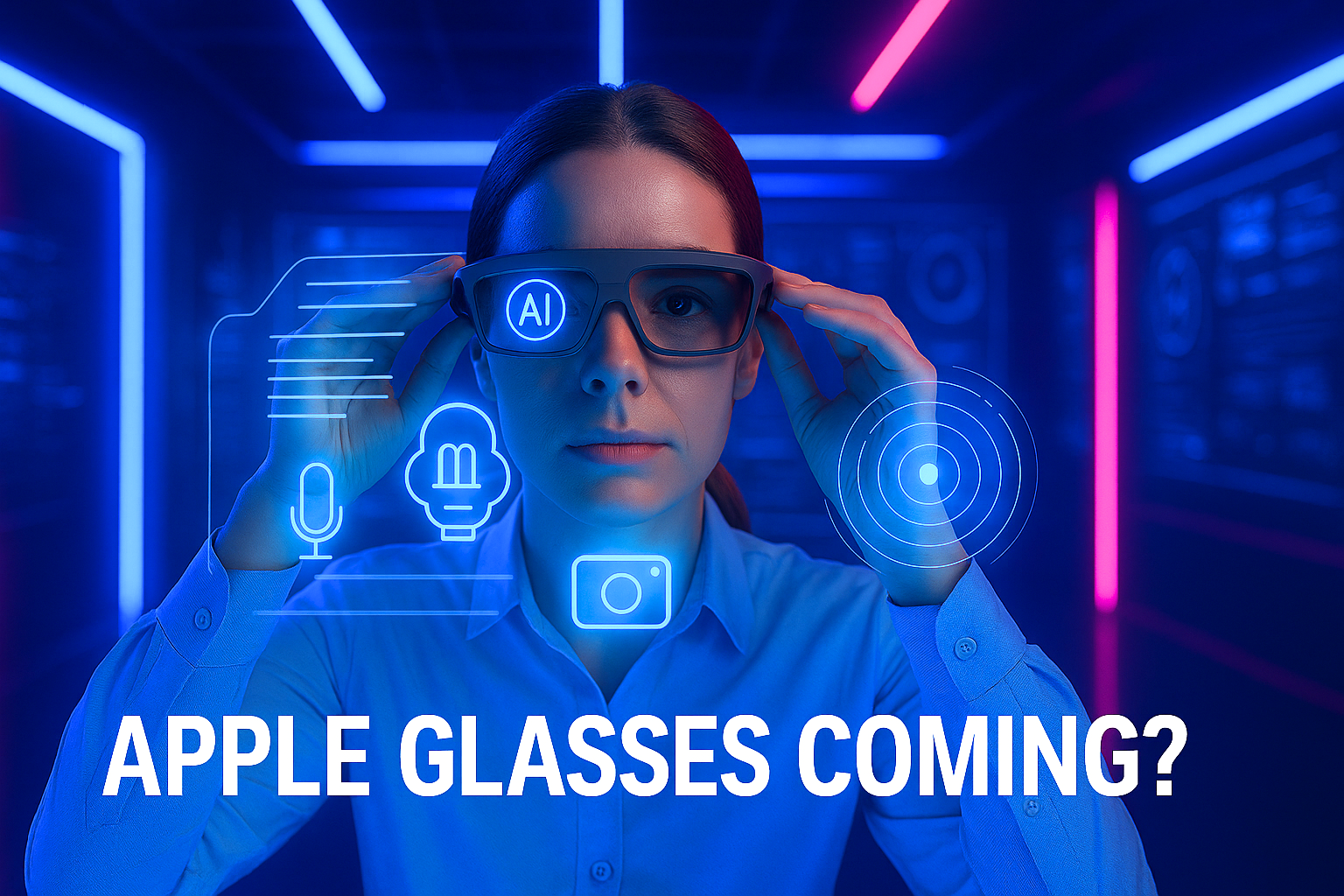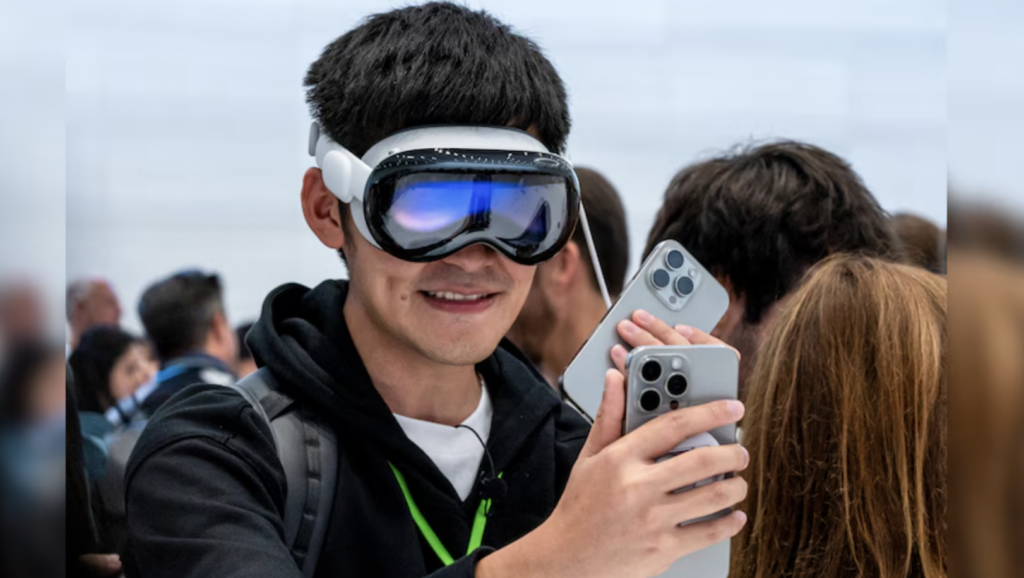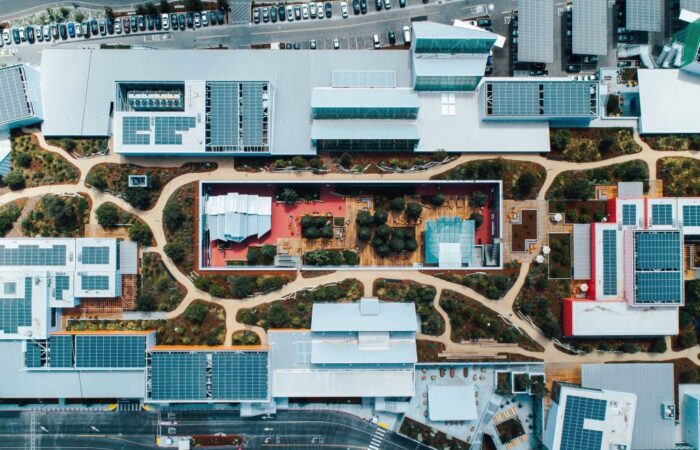Apple’s Custom Silicon: Powering the Future of Smart Glasses and AI
Apple has consistently remained at the forefront of innovation, and its next big leap could revolutionize both wearable technology and artificial intelligence. At the core of this transformation lies Apple’s custom silicon—specialized chips meticulously engineered to support new product categories such as smart glasses and high-performance AI servers. With a legacy of chip innovation through the M-series for Mac and S-series for Apple Watch, Apple is leveraging its silicon expertise to develop a new generation of low-power, high-performance processors designed specifically for emerging technologies.
Recent reports indicate that Apple is working on proprietary chips tailored for smart glasses that blend power efficiency with high computational capability. Inspired by the ultra-efficient chips found in the Apple Watch, these new processors will support multiple embedded cameras and advanced sensors without draining battery life—an essential factor in wearable technology. The architecture is expected to be based on Apple’s ARM custom cores, optimized for lightweight form factors and real-time AR rendering.
Apple’s smart glasses will likely be offered in two distinct variants—one focusing on immersive Augmented Reality (AR) capabilities and another with standard display features for notifications and heads-up information. Production of the specialized chips is forecasted to begin in late 2026 or early 2027, signaling a potential commercial release window shortly thereafter.
Expanding the Apple Silicon Ecosystem Beyond Wearables
While the development of smart glasses garners attention, Apple is simultaneously expanding its custom silicon portfolio for computing and AI. The company is working on next-generation Mac processors—expected to be branded as M6 and M7—which promise improved performance-per-watt, faster Neural Engine capabilities, and deeper AI integration across macOS and iPadOS.
More notably, Apple is in the advanced stages of designing a high-performance AI server chip, internally codenamed “Baltra.” This chip will likely be used in data centers that support Apple’s on-device and cloud-assisted AI features. With a focus on generative AI, “Baltra” is being built to handle tasks like rewriting emails, summarizing long notifications, and powering large language model (LLM) inference directly from Apple services like Siri and Spotlight Search.
This AI infrastructure strategy represents a hybrid approach—offloading intensive processing to Apple-run servers while preserving privacy and efficiency on users’ devices through edge computing. It also lays the groundwork for Apple to compete with other tech giants such as Google, Microsoft, and Amazon in the AI infrastructure race.
Strategic Positioning in a Rapidly Evolving Tech Landscape
Apple’s focus on custom chip development highlights a long-term strategy of vertical integration—building every layer of its technology stack, from silicon to software. This approach not only ensures tight control over performance and efficiency but also fosters rapid innovation without dependency on third-party suppliers like Intel or Qualcomm.
By designing its own AI and wearable chips, Apple positions itself uniquely in the market. Competitors such as Meta and Google rely on external silicon providers or third-party ecosystems, which may introduce latency, power inefficiency, or limited customization. In contrast, Apple’s in-house approach ensures seamless integration of features such as real-time AR rendering, on-device intelligence, and AI assistant improvements with unmatched responsiveness and battery performance.
Moreover, Apple’s silicon strategy extends across industries—from consumer devices to enterprise-grade servers—signaling the company’s intent to dominate not just hardware but also AI cloud platforms. As regulatory scrutiny and privacy demands grow, Apple’s commitment to designing chips that support secure, private AI operations becomes a key competitive advantage.
Final Thoughts: Apple’s Future Is Chip-Driven
With its sights set on smart glasses and AI servers, Apple is doubling down on its silicon-first philosophy. By building chips specifically for wearables and artificial intelligence, the company is not only preparing for future devices but also redefining how users interact with technology across platforms.
These chips are more than just processors—they’re the foundation of Apple’s next generation of experiences. Whether it’s overlaying AR navigation directly onto a user’s field of view or summarizing a day’s worth of emails through on-device AI, Apple’s silicon roadmap points toward a future where powerful, efficient, and intelligent computing becomes ubiquitous and invisible.
As we approach 2027, all eyes will be on how Apple delivers on these ambitious innovations. If history is any guide, Apple’s bet on custom silicon is likely to pay off—once again setting the standard for the tech industry.








No Comment! Be the first one.